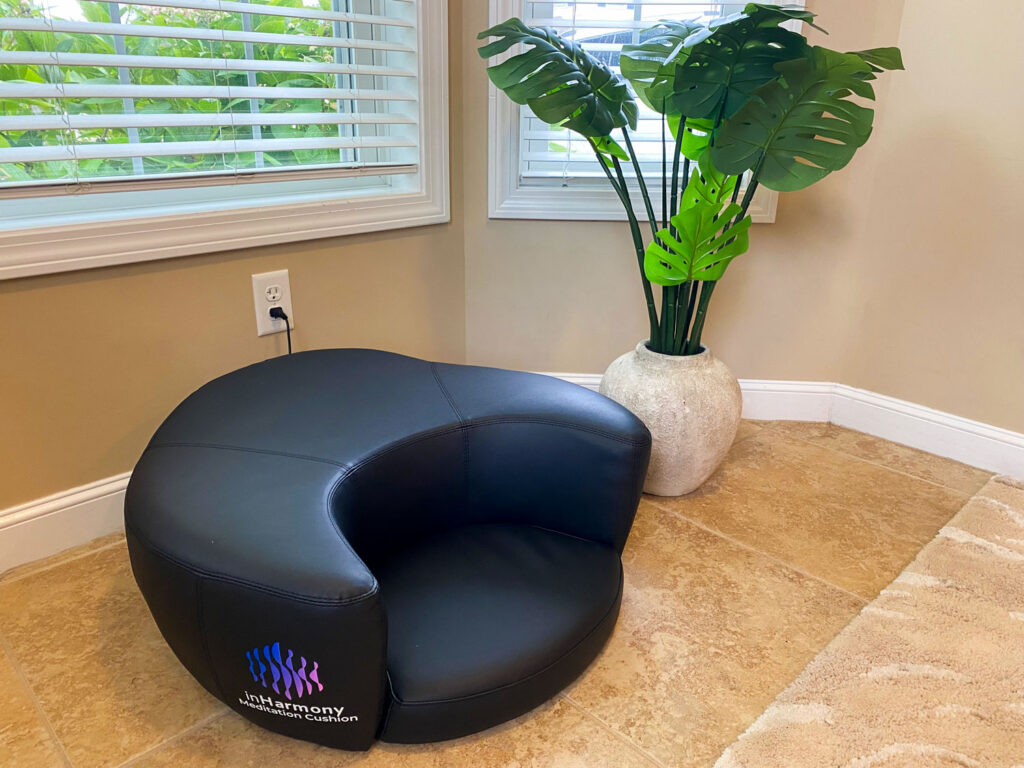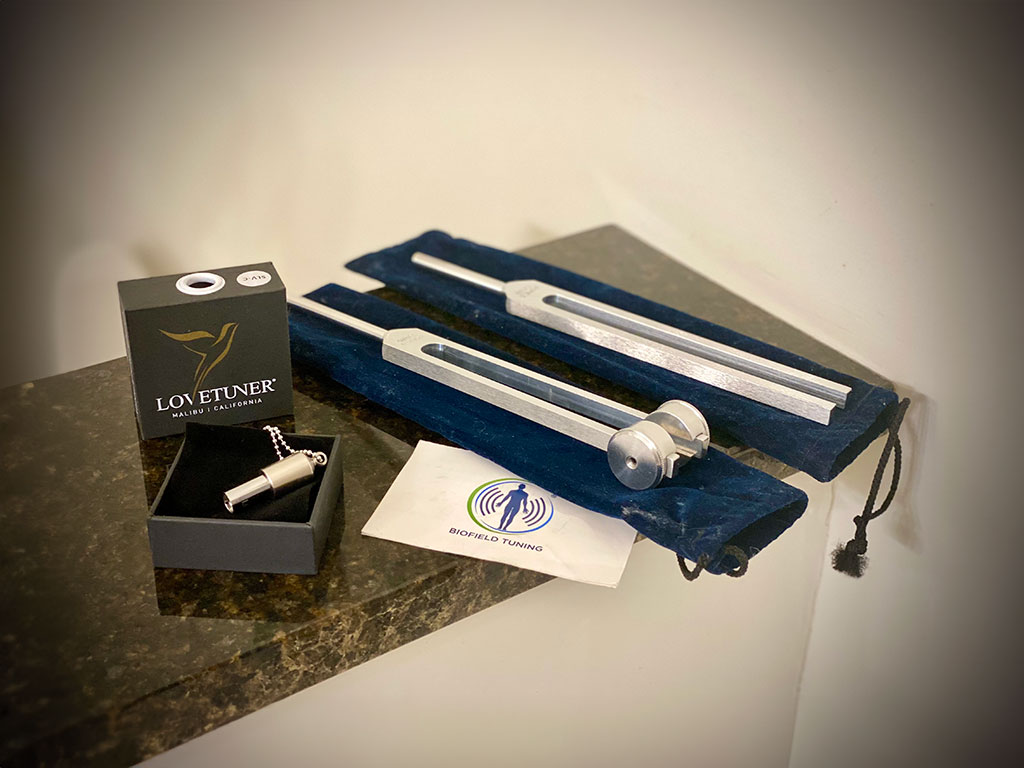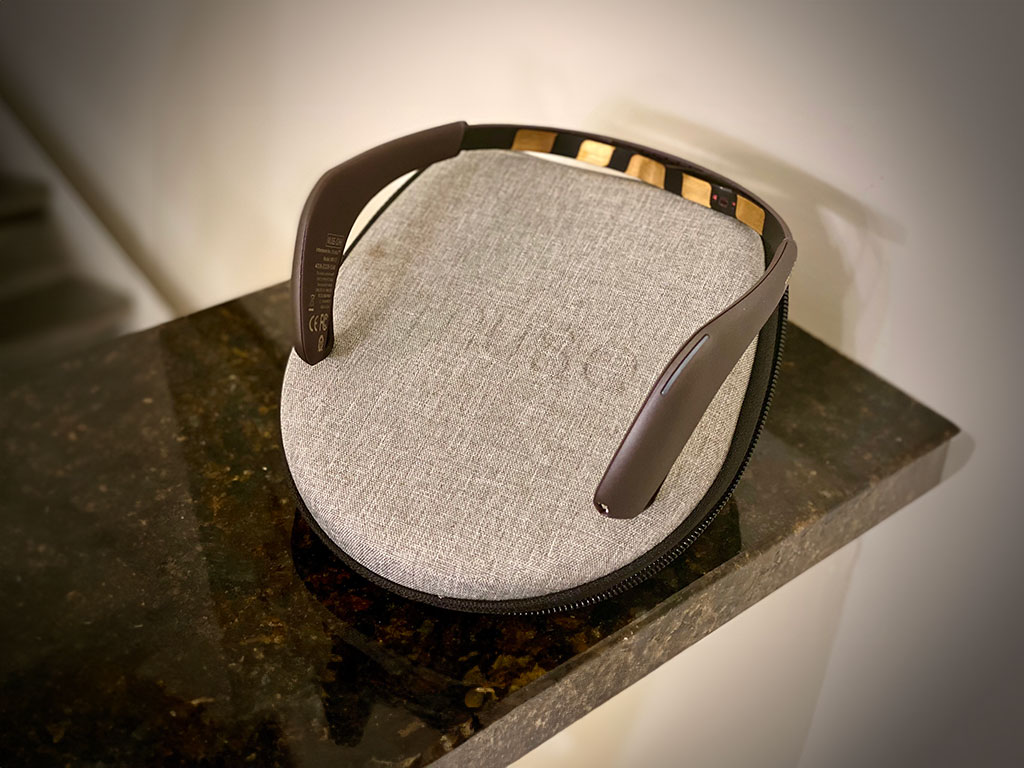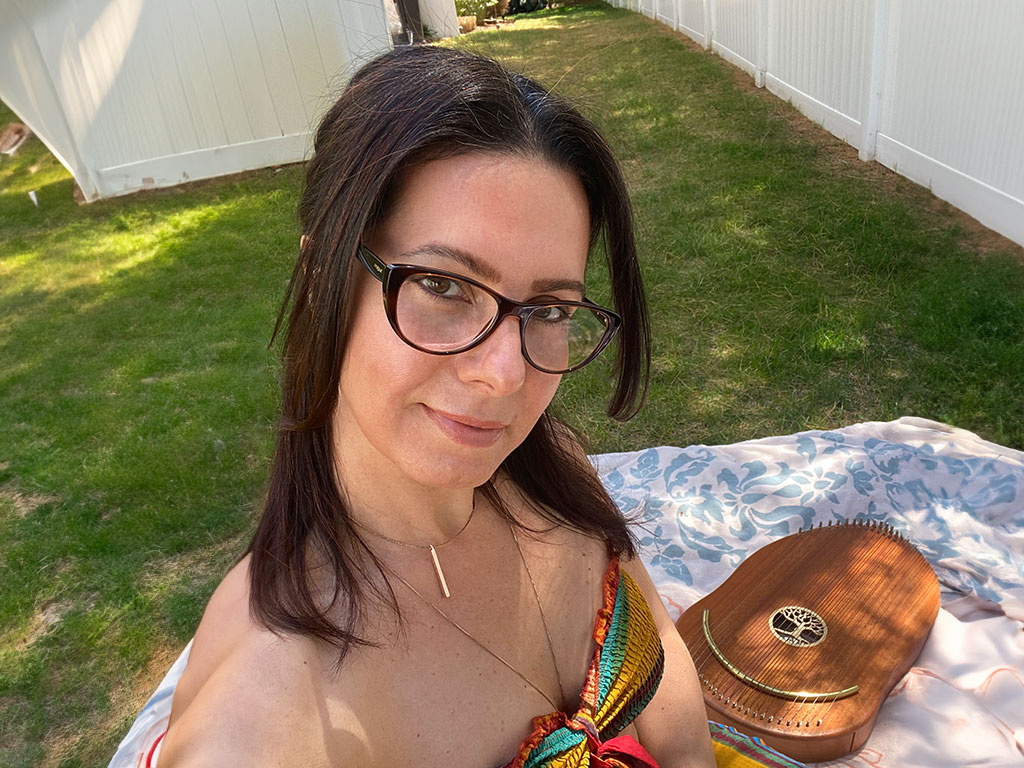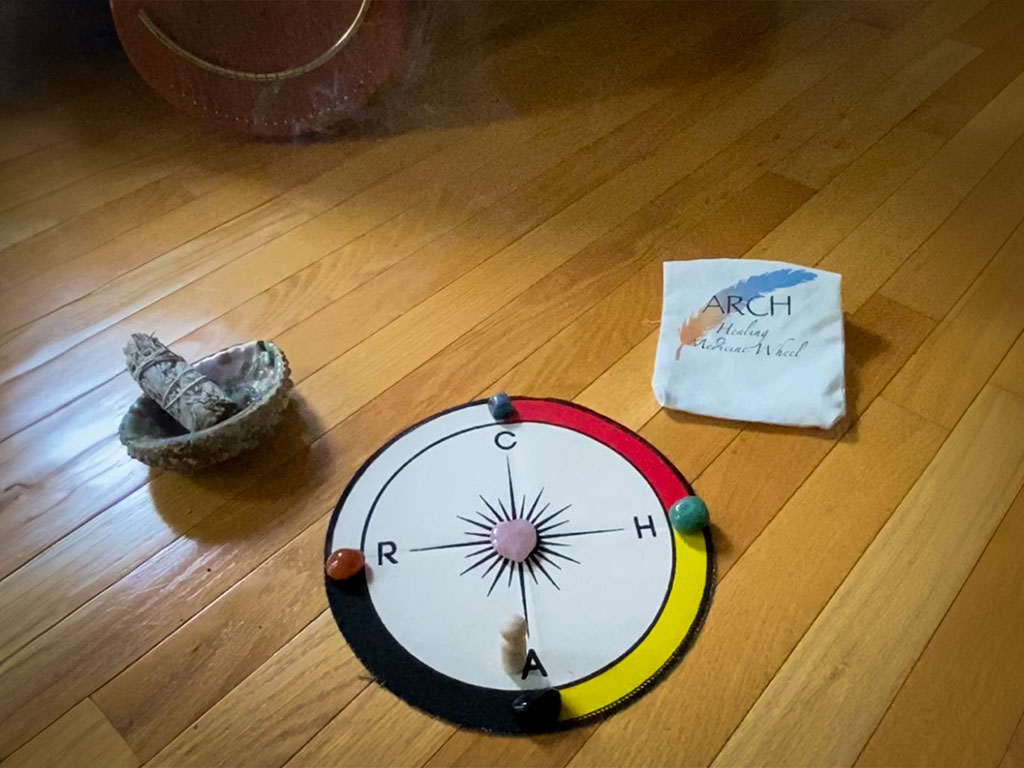**Exploring Complementary and Integrative Health: A Holistic Approach to Wellness**
In today’s fast-paced world, the pursuit of optimal health and well-being has taken on a multifaceted approach, extending beyond conventional medical practices to embrace complementary and integrative health (CIH) therapies. CIH emphasizes patient empowerment, self-activation, preventive self-care, and wellness, often in conjunction with traditional medical treatment or in other alternative treatment settings. This holistic approach acknowledges the interconnectedness of mind, body, and spirit, recognizing that each plays a vital role in overall health.
One of the key pillars of CIH is mind-body therapies, which focus on harnessing the power of the mind to promote healing and well-being. Practices such as meditation, hypnosis, biofeedback, yoga, and tai chi offer techniques to quiet the mind, induce relaxation, and cultivate mindfulness. These therapies have been shown to reduce stress, improve mental clarity, and enhance emotional resilience, providing individuals with valuable tools to manage both physical and psychological health.
Nutritional therapies form another integral component of CIH, recognizing the importance of diet and supplementation in supporting overall health. Herbal remedies, dietary supplements, vitamins, minerals, and specialized diets such as the keto diet are utilized to address specific health concerns and promote optimal nutrition. These therapies aim to nourish the body from within, supporting vital functions and bolstering the body’s natural ability to heal and thrive.
Body-based therapies encompass a diverse array of practices that involve physical manipulation or touch to promote health and well-being. Massage, therapeutic touch, reflexology, acupuncture, chiropractic therapy, and reiki are among the modalities utilized in CIH. These therapies work to release tension, improve circulation, alleviate pain, and restore balance to the body’s energy systems, fostering a sense of relaxation, rejuvenation, and vitality.
Whole medicine systems, rooted in ancient healing traditions, offer comprehensive approaches to health and wellness. Traditional Chinese medicine, Ayurvedic medicine, homeopathic medicine, and naturopathic medicine incorporate a combination of therapies such as herbs, acupuncture, dietary modifications, lifestyle changes, and energy balancing techniques. These systems emphasize the importance of restoring harmony and balance within the body, addressing underlying imbalances to promote long-term health and vitality.
Energy therapies represent a unique category within CIH, focusing on the manipulation of energy fields thought to exist in and around the body. Practices such as acupuncture, magnets, qi gong, tai chi, reiki, and therapeutic touch are believed to influence the body’s subtle energy systems, promoting healing and restoring balance. While scientific evidence for the existence of a universal life force or subtle energy remains limited, many individuals report experiencing profound benefits from these therapies, including reduced pain, enhanced relaxation, and improved overall well-being.
In conclusion, complementary and integrative health offers a holistic approach to wellness that encompasses a diverse range of therapies aimed at supporting the body’s innate healing abilities. By addressing the interconnectedness of mind, body, and spirit, CIH empowers individuals to take an active role in their health journey, embracing a personalized approach to well-being that honors the uniqueness of each individual. As awareness and acceptance of CIH continue to grow, more individuals are discovering the transformative potential of these therapies in promoting health, vitality, and a renewed sense of wholeness.

